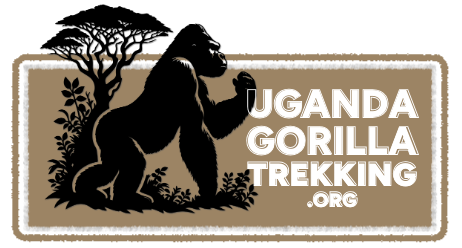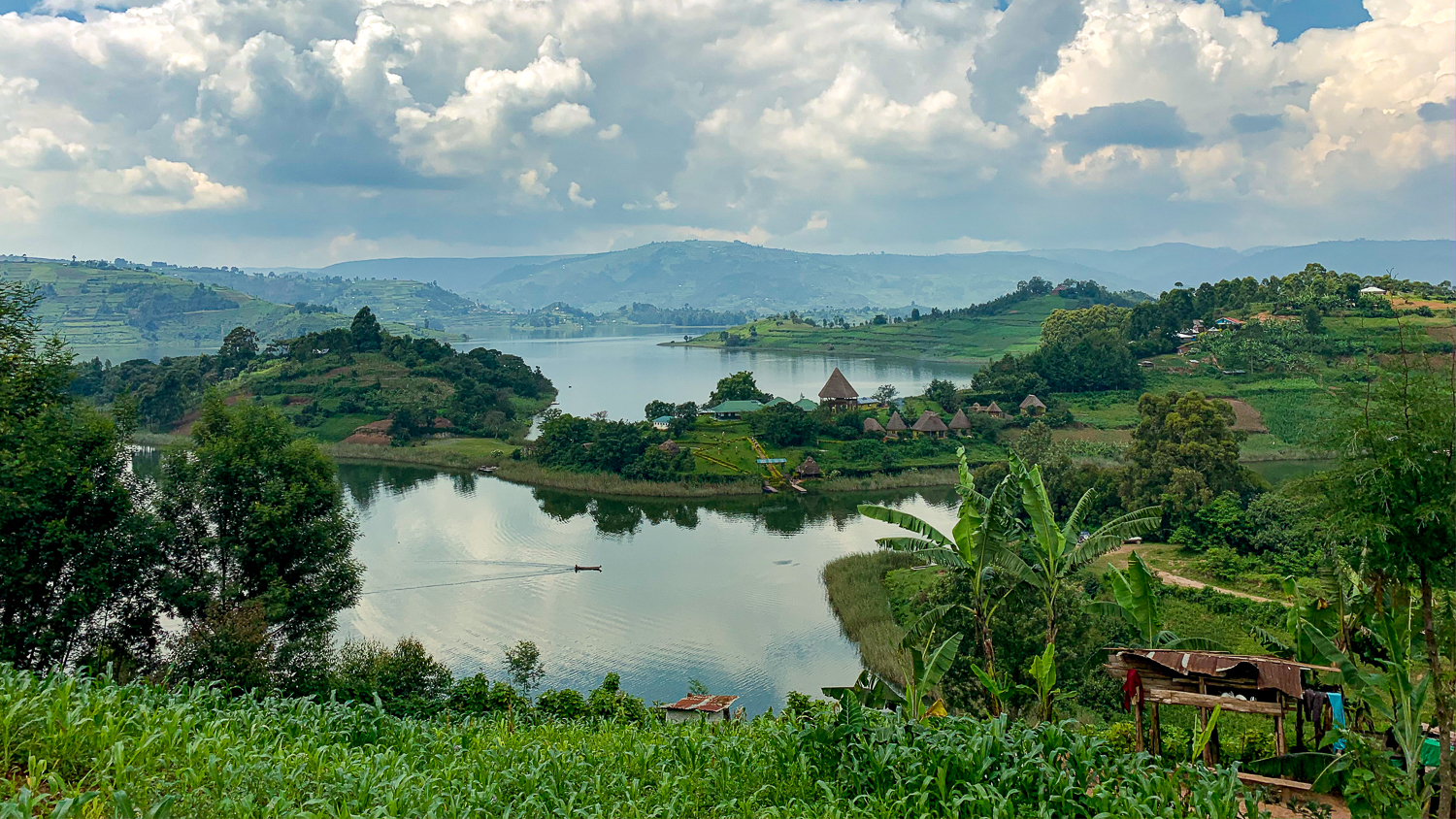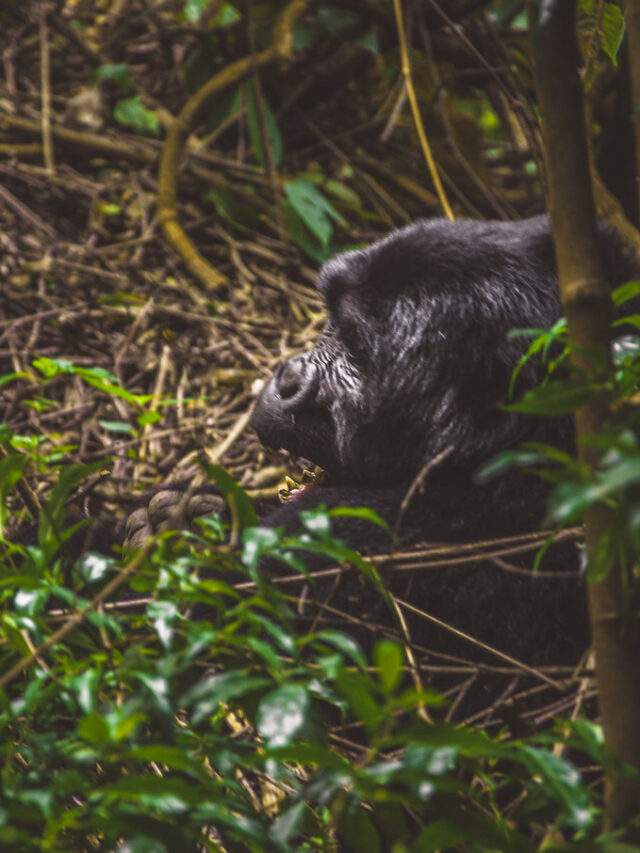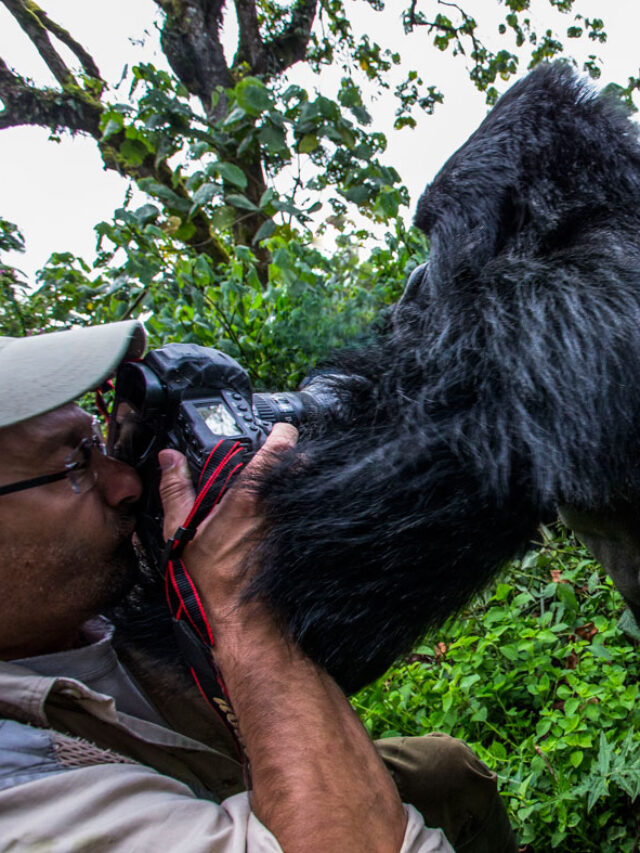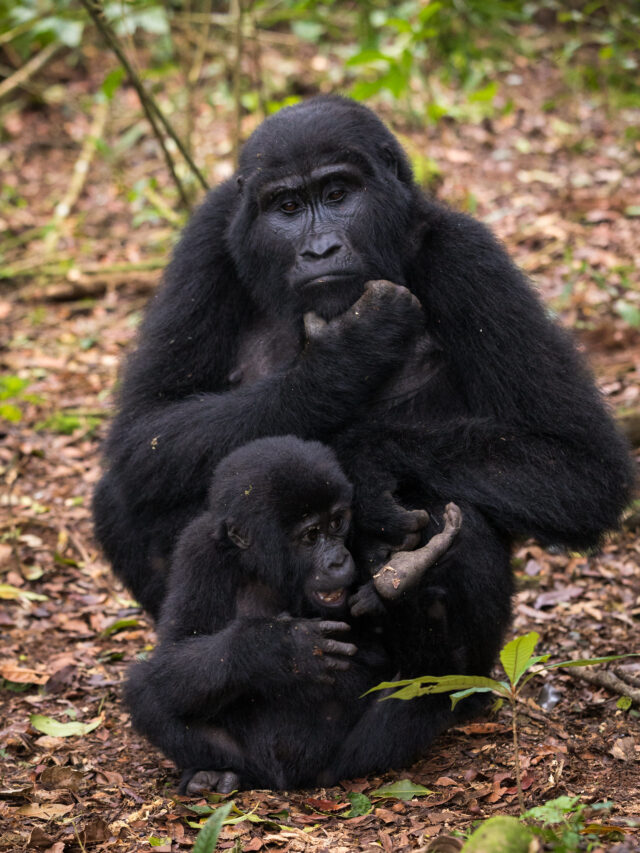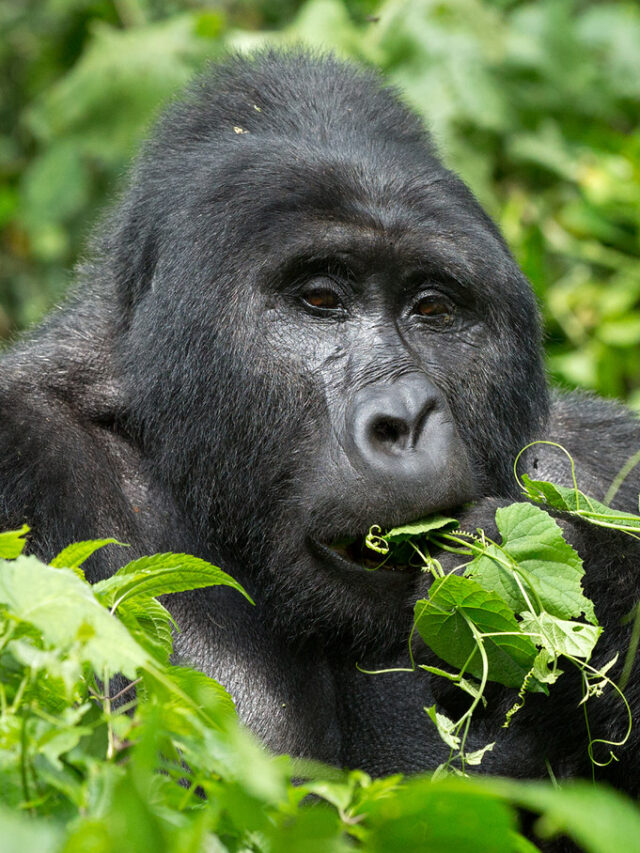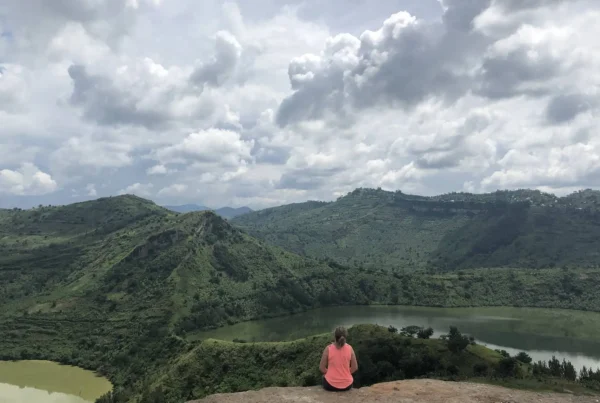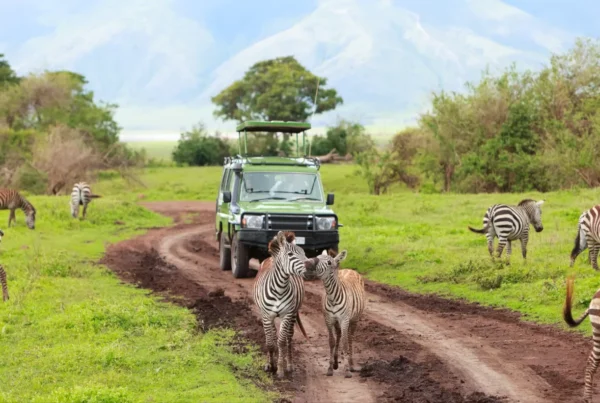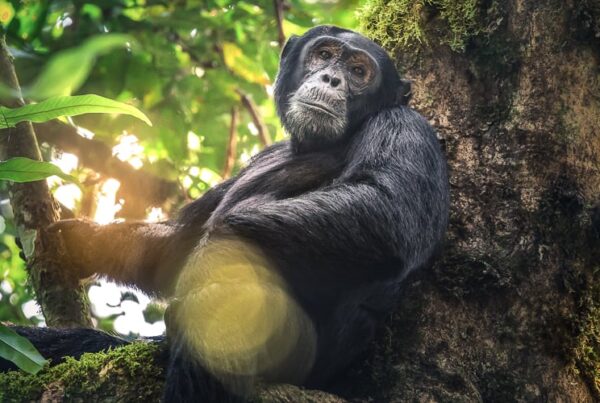Lake Bunyonyi vs Lake Kivu: The Ultimate African Summer Beach Escape – Cost, Access, Booking Tips & What to Pack
When the African sun turns golden and the breeze softens into rhythm, few places capture the essence of an authentic, inland beach summertime better than Lake Bunyonyi in Uganda and Lake Kivu in Rwanda. These aren’t your typical ocean-side retreats with waves crashing and vendors selling pineapples. They’re elevated, fresh-water lakes nestled deep within East Africa’s volcanic mountains. They sing of silence, birdsong, dugout canoes, and evenings that slip gently into nights by the fire. Whether you’re chasing peaceful rest or cultural connection, these two lake destinations offer different versions of the African summer dream. But how do you get there? What do they cost? What makes them truly worth it?
Here’s your complete guide comparing Lake Bunyonyi and Lake Kivu—from access and accommodation to gear and local soul.
Why Lake Bunyonyi and Lake Kivu?
Lake Bunyonyi vs Lake Kivu — These two lakes represent a rare kind of African beauty—untouched yet comfortable, quiet yet full of culture. While Zanzibar or Mombasa might give you the sand-and-sea escape, Bunyonyi and Kivu gift you an African summer with heart. They’re inland lakes hugged by hills, with no crowds, no commercialization—just raw beauty and local life. What makes them ideal for summer is their mild highland climate, safe swimming conditions (especially in Bunyonyi), and the cultural touch of Uganda and Rwanda that adds depth to the experience. Whether you’re floating in a dugout canoe or sipping passion fruit juice on a lakeside deck, the feeling is unmistakable: this is Africa in its purest rhythm.
Getting There & Accessibility
Lake Bunyonyi (Uganda)
Reaching Lake Bunyonyi is a journey worth every winding road. Most visitors start in Kampala or Entebbe, from where it’s about 7 to 9 hours by car to Kabale—the nearest major town. From Kabale, it’s just 8km on a scenic road that descends into the valley of the lake.
You can travel by private hire, intercity buses like Jaguar or Post Bus, or even self-drive if you’re looking for that extra freedom. Domestic flights are available to Kisoro or Kihihi airstrip, followed by a transfer, though these are mostly used by gorilla trekkers. Roads are mostly paved and safe, though some lodge access routes are rough and require 4WD, especially during rainy months.
Lake Kivu (Rwanda)
Lake Kivu is far more accessible, especially from Kigali. A smooth 3-hour drive from Kigali to Gisenyi (Rubavu) via excellent roads lands you directly at the lakeside. If you’re coming from Nyungwe Forest or Volcanoes National Park, Kivu serves as a perfect halfway escape.
There are also frequent bus services between Kigali and Gisenyi, and self-drive rentals are common in Rwanda due to the country’s incredible road network and signage. For travelers crossing from Uganda or DRC, the border formalities at Cyanika or Goma are manageable with proper paperwork.
Accommodation & Costs
Lake Bunyonyi
Bunyonyi is wonderfully budget-friendly, with cozy ecolodges, midrange cabins, and a few upscale lodges dotting its islands and hillsides. A typical room can range from $15–$40 for budget options like Crater Bay or Itambira Island, up to $80–$200+ per night for high-end stays like Arcadia or BirdNest Resort.
Activities such as canoe rentals, hikes, or island tours are often priced between $10–$30 depending on duration and guide involvement. Meals are fresh, local, and affordable—with tilapia, matoke, and lakeview breakfasts often included.
Lake Kivu
Kivu is more polished and pricier, especially in Gisenyi. Budget hotels begin at $30, while midrange lakeside hotels like Paradis Malahide go for $70–$100. Top-tier options like Serena Lake Kivu can climb to $150–$250 per night but offer pools, cocktails, and sunset views.
Boat rides, kayaking, and visits to hot springs or coffee farms are typically priced between $20–$50, depending on package and operator.
How to Book – Local & Online Options
For both lakes, booking can be done either directly through lodge websites, on platforms like Booking.com or Airbnb, or through local tour operators—especially if combining it with a longer Uganda-Rwanda itinerary. For Lake Bunyonyi, many smaller lodges don’t show up on global sites, so email or WhatsApp bookings are common and reliable. Just make sure to confirm arrival time due to tricky road access to islands.
Lake Kivu’s more developed scene makes online booking smoother. Places like Serena, Kivu Peace View, or Inzozi Lodge are easily found and can be reserved with a credit card.
If you’re planning to visit during peak dry season months (June–August or December–January), it’s smart to book at least 3–6 weeks in advance.
What to Pack: Summer Beach Gear with a Highland Twist
Don’t let the word “lake” fool you—these are high-altitude destinations, so your summer will have a cool breeze, misty mornings, and powerful sun rays by noon. Think of it as African alpine beach weather.
Essentials for both lakes include:
- Lightweight clothing for warm afternoons
- A sweater or light jacket for chilly nights
- Swimsuit – especially for Bunyonyi, where you’ll want to swim often
- Sunscreen & sunglasses – UV is strong at altitude
- Bug spray – especially near gardens or reeds
- Waterproof sandals or aqua shoes – for lakeside wading
- A hat or scarf for sun protection
- A daypack for canoeing, hiking or markets
- Power bank – especially for island stays without 24/7 power
- A good book, journal or sketchpad – the lakes are made for reflection
If staying on the islands in Bunyonyi or on the remote stretches of Kivu’s shoreline, consider packing a flashlight, reusable water bottle, and a sense of adventure.
Travel Tips & Local Wisdom
At Lake Bunyonyi, don’t miss a canoe ride to Punishment Island, a haunting and historic site, or a guided hike to the hilltop viewpoints like Arcadia Hill. You can also mix it with gorilla trekking in nearby Bwindi or Mgahinga. The lake is incredibly peaceful during weekdays—weekends can bring local crowds to beachy spots like Kyabahinga peninsula.
At Lake Kivu, the promenade in Gisenyi offers a perfect evening stroll, while further south in Karongi, the Amahoro Island boat trip offers a slice of paradise. And if you’re bold, the Congo Nile Trail is a multi-day hiking/cycling journey that hugs the lake for over 200km, perfect for summer adventure seekers.
Both lakes are safe, peaceful, and largely free of malaria due to altitude, but it’s still good to pack anti-mosquito repellent and consider general travel insurance.
